Five ways to potentially reduce pain with your mind
October 14, 2025 by Ruth E. Smith Leave a Comment

Got pain? Ongoing pain (aka chronic pain) that impedes your work and fun? If so, you are not alone. Nearly one in five Americans is living this same desperation and blues. Unfortunately, our pain epidemic continues to destroy millions of lives
(The Impact of Pain in America – U.S. Pain Foundation). For these reasons, let’s talk about the new hope in pain management.
As researchers learn more, new evidence is debunking much of the current understanding about pain. Whether you stub your toe or crush your kneecap, your experience is way more complex than you ever realized. You’ve known about the bleeding and swelling and other tissue damage. However, there is much more to your pain story.
Not every degenerating joint hurts and not every needle stick is dreaded. Yet, on the flip side, some debilitating pain conditions such as fibromyalgia show up without any clinical reason, no traumatic injury, no germ of any kind. Setting the research studies aside, personal experiences definitely deepen the complexity and experience of pain.
To better understand the nature of pain, we must give more attention to the mental factors. Whether you know the cause of your pain or not, your mind can contribute to its frequency, duration, and intensity. Below are five ways to harness the power of your mind for pain management. You may already employ these strategies to some extent through natural learning. Even so, giving credit where credit is due will acknowledge the power of your mind.
- Examine Your Beliefs: Since beliefs subconsciously affect your pain perception, take an inventory of your beliefs. Three (mis)beliefs commonly worsen pain symptoms. First, pain is bad and should be avoided at all costs. Correction: pain is your body’s natural alarm system and should always be heeded. Second, physical activity worsens pain. Correction: appropriate physical activity can alleviate pain. Third, pain medicine is the only effective treatment. Correction: many non-drug treatments are effective in certain circumstances.
- Minimize Your Mental Stress: Worrying about your marriage or kids or pets ramps up your pain. Similarly, beating yourself up about past regrets or creating fear around upcoming events also over activates your pain system. Generally, any kind of obsessive, torturous thought must be minimized. You choose how to make this happen. Professional counseling is advised for thoughts that are difficult to shake off.
- Practice Mindfulness: Paying attention to your body’s sensations facilitates wise decision-making. When slight discomfort first shows up, mindfulness allows you to prevent escalation. For example, if your hip begins to hurt after one mile of walking, you may decide to slow down the pace. If the pain continues, your awareness may advise you to stop completely. As you routinely tune into your body, your mind is more willing and able to make relief-producing adjustments in your behavior.
- Choose Positive Emotions: Although your emotions reside in your subconscious mind, you can consciously choose positive states. And positive emotions can make your body feel better. Better means less pain. So, find excitement and inspiration in the world around you. Smile and laugh frequently. Intentionally expand your happiness and feel the relief!
- Remember Your Spiritual Essence: When you remember your spiritual essence, your body lightens and rejuvenates. Breathe in love, peace, and joy and notice your pain fade. Use techniques like focused meditation at first but eventually strive for moment-by-moment engagement. Even a simple self-mantra like, “I am love, I am peace, I am joy” invites your true nature to rebalance the inflamed condition.
The new hope for pain relief stems from a revived sense of self-empowerment. All mind strategies reclaim your personal locus of control. You either opt in or opt out, then you implement and advance your choices as you see fit.
Mediocre pain management leads to mediocre living. Let’s move forward toward excellence instead!
The content on this website is not intended to diagnose, treat, or prevent any condition. Please consult your doctor before making any changes to your health regimen.
—
iStock image
About Ruth E. Smith
As a physical therapist and certified clinical hypnotherapist, Ruth E. Smith offers a bold and intriguing mind-body-spirit approach for physical recovery. Her book, Without Boundaries: Optimizing Physical Recovery with Self-Hypnosis, and other writings connect and align with the powers of the mind: belief, language, mindfulness, and imagination. Her campaign, “Be Aware and Power Up!” enlightens and motivates healthcare consumers about hopeful perspectives and strategies for excellent results. Connect on Facebook and Substack.

.jpeg)

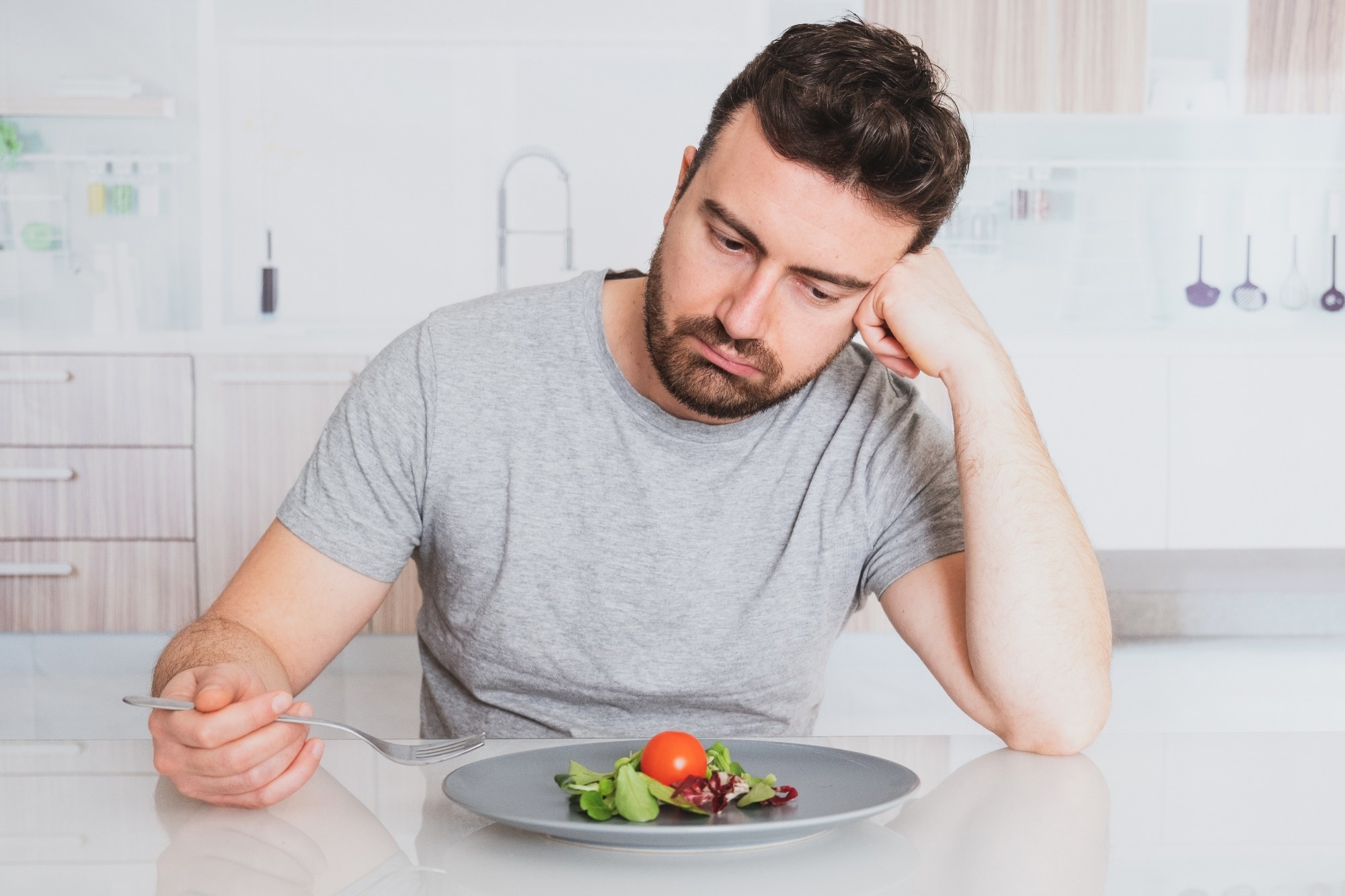



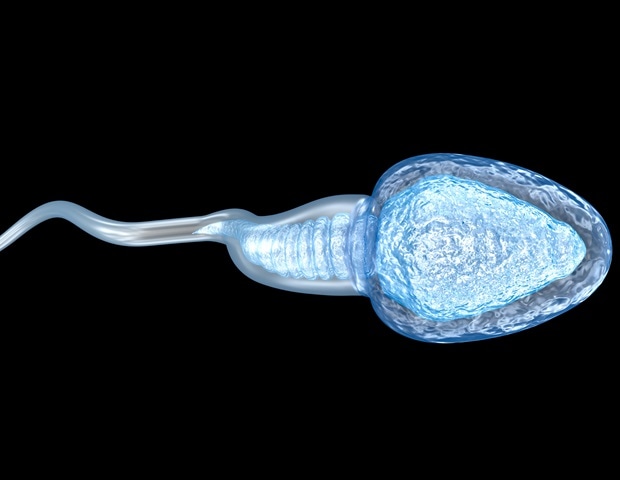
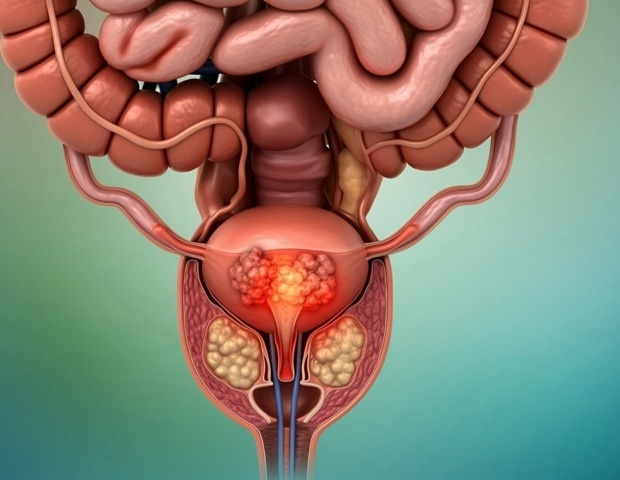




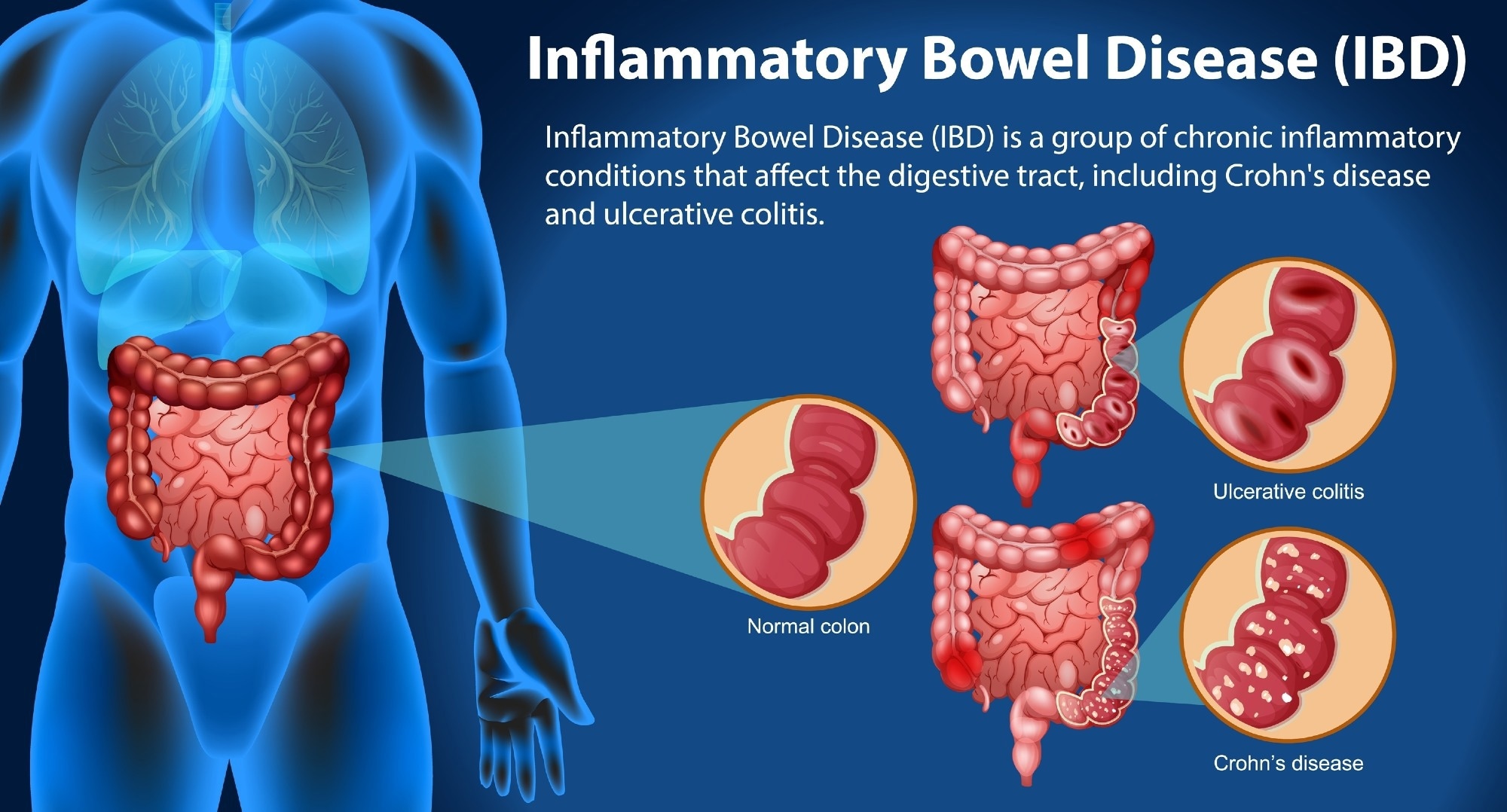


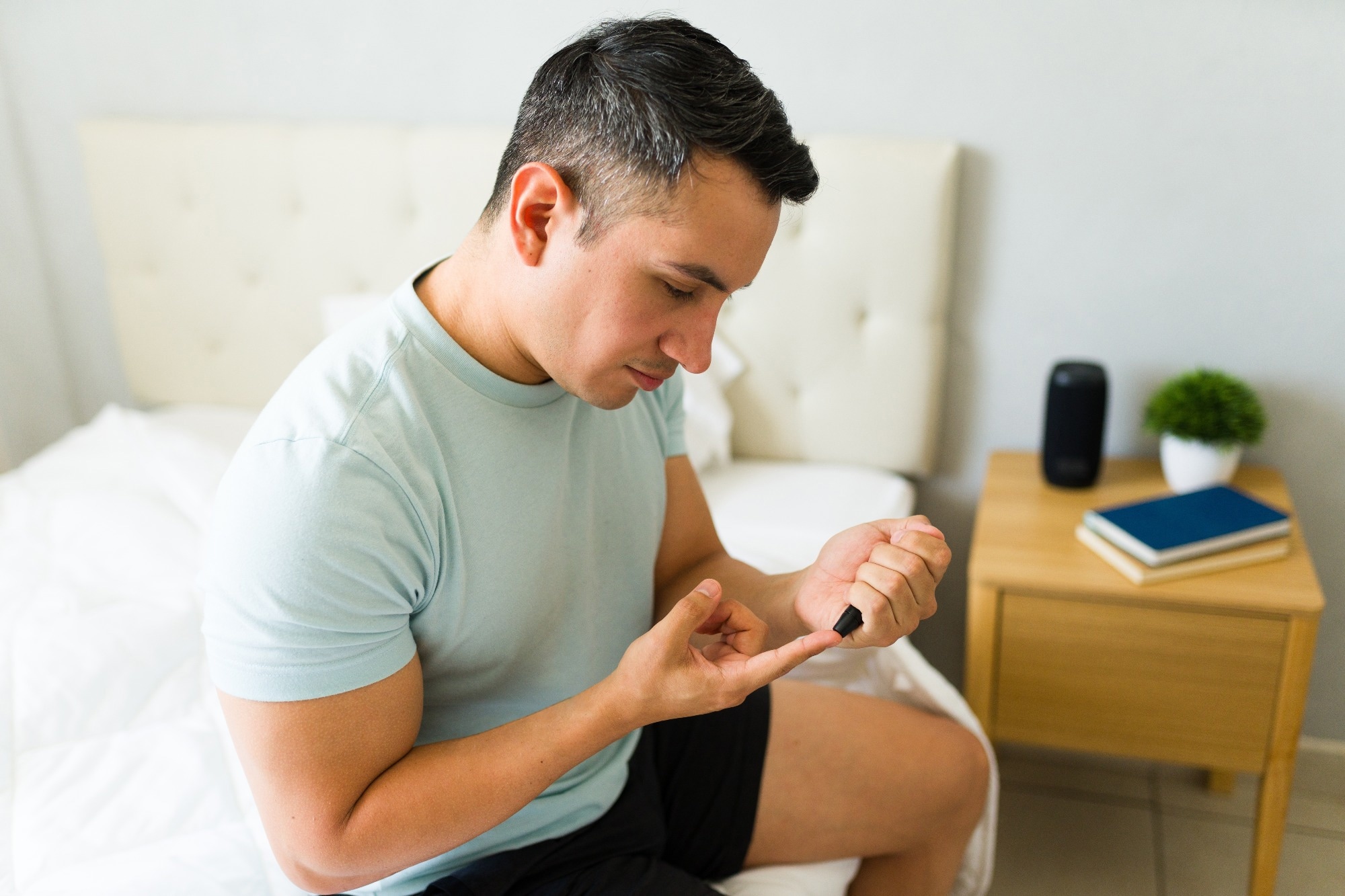








.jpeg)













 English (US) ·
English (US) ·